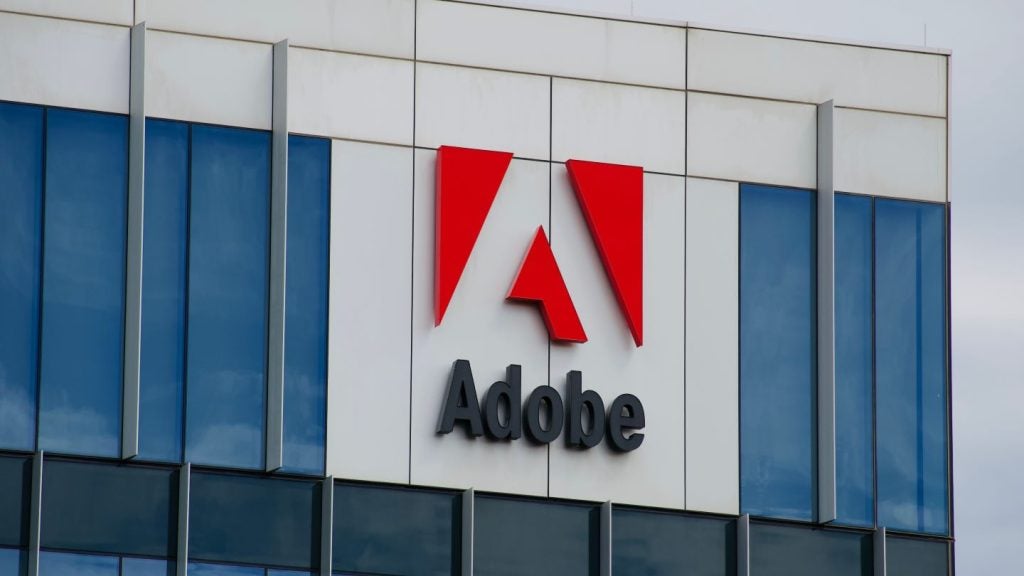The Monetary Authority of Singapore (MAS) has issued a new set of guidelines on digital payment token services to the public, while Spain’s National Securities Market Commission (CNMV) has released a circular on advertising crypto investments.
While referring to crypto exchanges and other licensed companies that offer cryptocurrency services as digital payment token (DPT), the Singaporean regulatory agency warned that ads are required to avoid displaying crypto trading in a way that plays down the high risks of trading in DPTs or even suggests that it is feasible for the general public.
As per the guidelines, DPT service providers should not advertise their “services in public areas in Singapore or through any other media directed at the general public in Singapore.”
The guidelines apply to crypto exchanges, banks and financial institutions licensed to provide crypto services.
The ban includes on “any form of advertisements or promotional materials in public areas such as Singapore public transport, public transport venues, broadcast media or periodical publications, third party websites, social media platforms, public events or roadshows.”
Engaging or paying third parties such as social media influencers or websites to promote DPT services or trading to general public are also banned.
However, DPT service providers can promote their services on their own corporate website, mobile applications, or official social media accounts without trivialising the risks of trading in DPTs.
Spain’s CNMV’s circular on advertising crypto investments requires “clear, balanced, fair and non-misleading content and information on the risks in a prominent manner” in all crypto ads.
These ads also need to feature a warning that states: “Investments in crypto-assets are not regulated. They may not be appropriate for retail investors and the full amount invested may be lost.”
The rules particularly do not include non-fungible token (NFT) ads.
It also lays down a procedure that requires any crypto ad campaign intended for a mass audience of 100,000 or more people to get pre-approval.
The approval is required for the advertisers themselves, ad service providers and “to any other natural or legal persons who carry on such activity on their own initiative or on behalf of third parties.”
It also particularly includes anyone paid to promote crypto assets, especially social media and other influencers.
Furthermore, any link in these ads must include language such as, “It is important to read and understand the risks of this investment, which are explained in detail at this link.”
The CNMV also noted that no new crypto asset regulations had been laid down, and established several exemptions for cryptocurrencies and products that are “not used for investment purposes.”
Besides NFTs, the exemptions also cover some ‘utility tokens’ used to operate a blockchain project rather than being offered as an investment; white papers; some analysts and workshop presentations; and corporate advertising campaigns when they comply with certain requirements.
The exemptions also cover cryptocurrencies that “have the nature of financial instruments” as they come under a separate set of rules.







